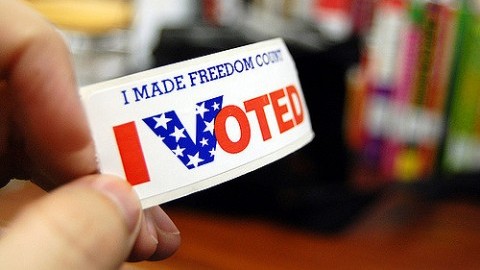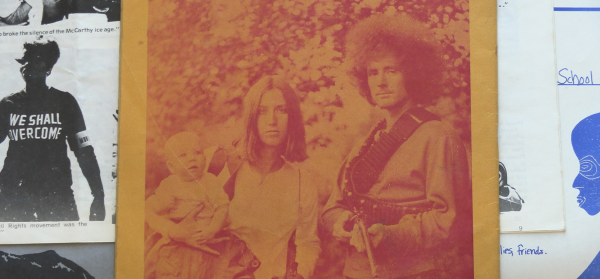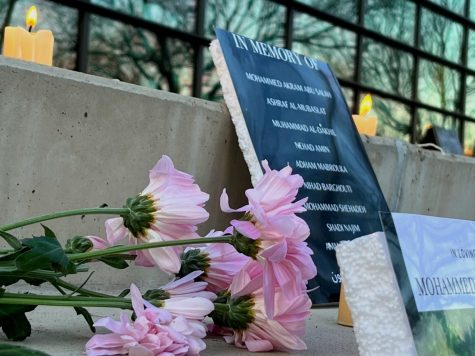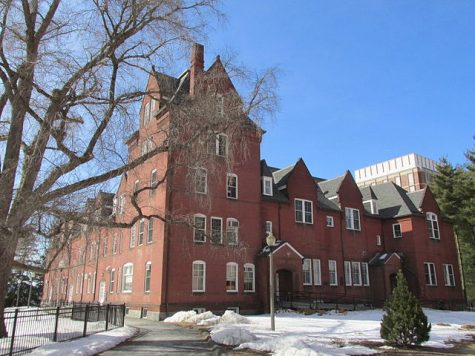Cult of Passivity
The danger in giving up your power to vote and what it means to be part of the upward trend in participation.

(dokidoki/flickr)
We hear it all the time about presidential candidates: “They’re looking for the young vote.”
But what does that really mean? Why are politicians so eager to snatch up the votes of college students?
They’ve realized that not only does the young person’s vote matter, but it could very well make or break their presidential campaign. A 2014 Pew Research Center survey found that the millennial generation is not only the most racially diverse generation in the history of America, but that it is also the most liberal on both social and political issues. We are living among the most open-minded people to ever inhabit our country; the power to create real change seems finally within our grasp.
What does this mean for voting?
According to the Center for Information and Research on Civic Learning and Engagement (CIRCLE), only an estimated 1.8 million young people participated in this year’s Super Tuesday primaries and caucuses. Young people aged 18-29 make up an entire 21 percent of the voting population in the US.
The time for apathetic youth is not now.
Young Democrats strongly favored Democratic candidate Bernie Sanders in many states, including Iowa where 84 percent of young adult caucus voters supported him. Young Republicans also favored presidential candidates who are not the frontrunner of their party, with the majority of youth not in favor of Republican candidate Donald Trump.
In Massachusetts, although Sanders seemed to be the favored candidate, he lost to opponent Hillary Clinton by a mere 20,000 votes. To put that into perspective, the University of Massachusetts Amherst alone has an estimated 22,000 students. Students interviewed at the university helped shed light on the voting patterns of millennials.
“If you want a candidate, you have to vote for them. You see with Bernie Sanders, everyone wanted him, but he lost in Massachusetts,” said Matthew Dionin, a Republican student who believes Marco Rubio may be the best Republican candidate for moderate reasons, but has not fully committed. Dionin said tax policy, climate change and terrorism are among the issues at the forefront of this election and that he will vote in the general election on Nov. 8.
With a nationwide student debt of $1.2 trillion, according to the Consumer Financial Protection Bureau, many students are focused on establishing affordable higher education.
Fiona Murray, a freshman psychology major from New York, supports Sanders but could not vote in the primary because of work that day. Murray said she supports Sanders because of his stance on college education as a right and because he is for the people; she also supports him in opposition to Trump, who has been most notable in his stance on immigration, calling Mexican immigrants “rapists” and repetitively suggesting we build a wall to keep them out of the United States.
“Immigration is one of the most important issues to me. I’m from a Republican state. Certain Republican candidates are saying not so great things about immigrants,” Murray said.
Jim Collins, a senior sociology and psychology major, agreed that the main issues in this election are college affordability and immigration. Although he cares about this election, Collins did not vote in the primary and preferred that his politician of choice remain undisclosed. Collins said a lack of information played a big part in his decision not to vote.
“The first time I voted was for the state elections, and that was a couple years ago, so I didn’t register on time,” said Collins, who will vote in the general election.
Fellow students mirrored this sentiment. Elizabeth Rodriguez, a junior psychology major who voted for Sanders in the primary, agreed that a lack of information for young voters hinders youth participation.
“A lot of people, since they’re in college, think they can vote here, but they’re not registered. It’s not really advertised,” said Rodriguez.
Over the next four years, many college students will find careers, start families, join the military and travel in places hopefully still safe for U.S. citizens. It’s up to us to learn and understand the issues in this election to vote for the best candidate, since we’ll be the ones experiencing the first few years of our adult lives with this president. I implore onto you millenials, vote.
Bethany can be reached at [email protected].









